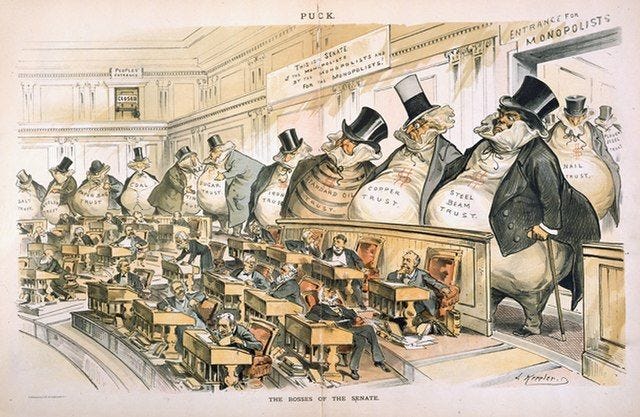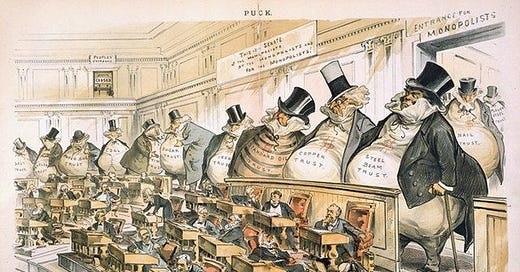When American Fascism and American Hegemony Collide…

Does anyone think it’s ok for a global superpower to also be fascist? Is that a world we should all be cool with living in?
Check out the news. American political life is descending into something particularly nasty, and it is at least fascistic, if not straight-up 1930s brownshirts. As historian Kathleen Belew summarized after the deranged attack on Nan…



